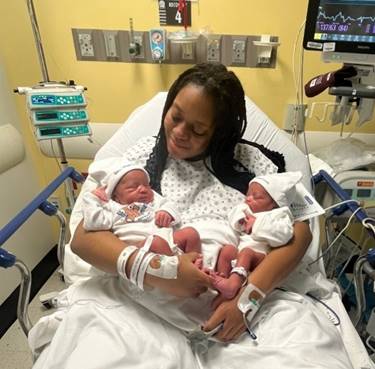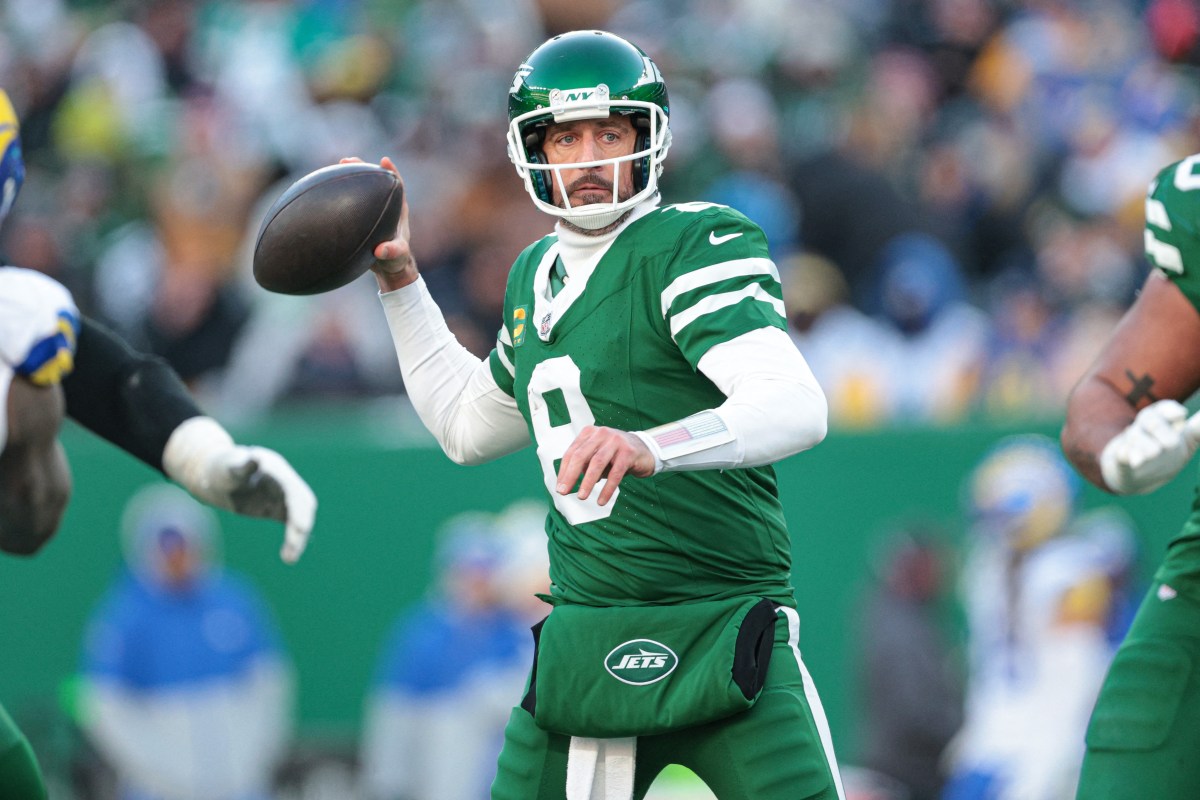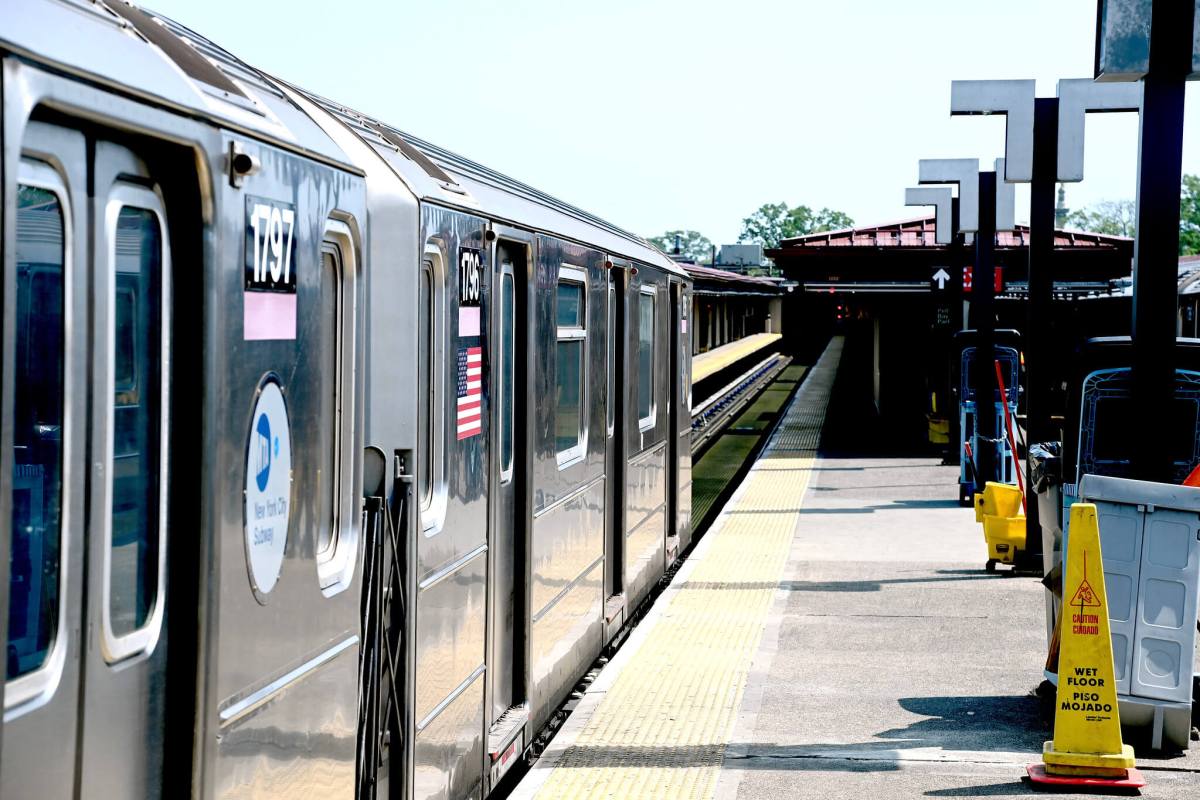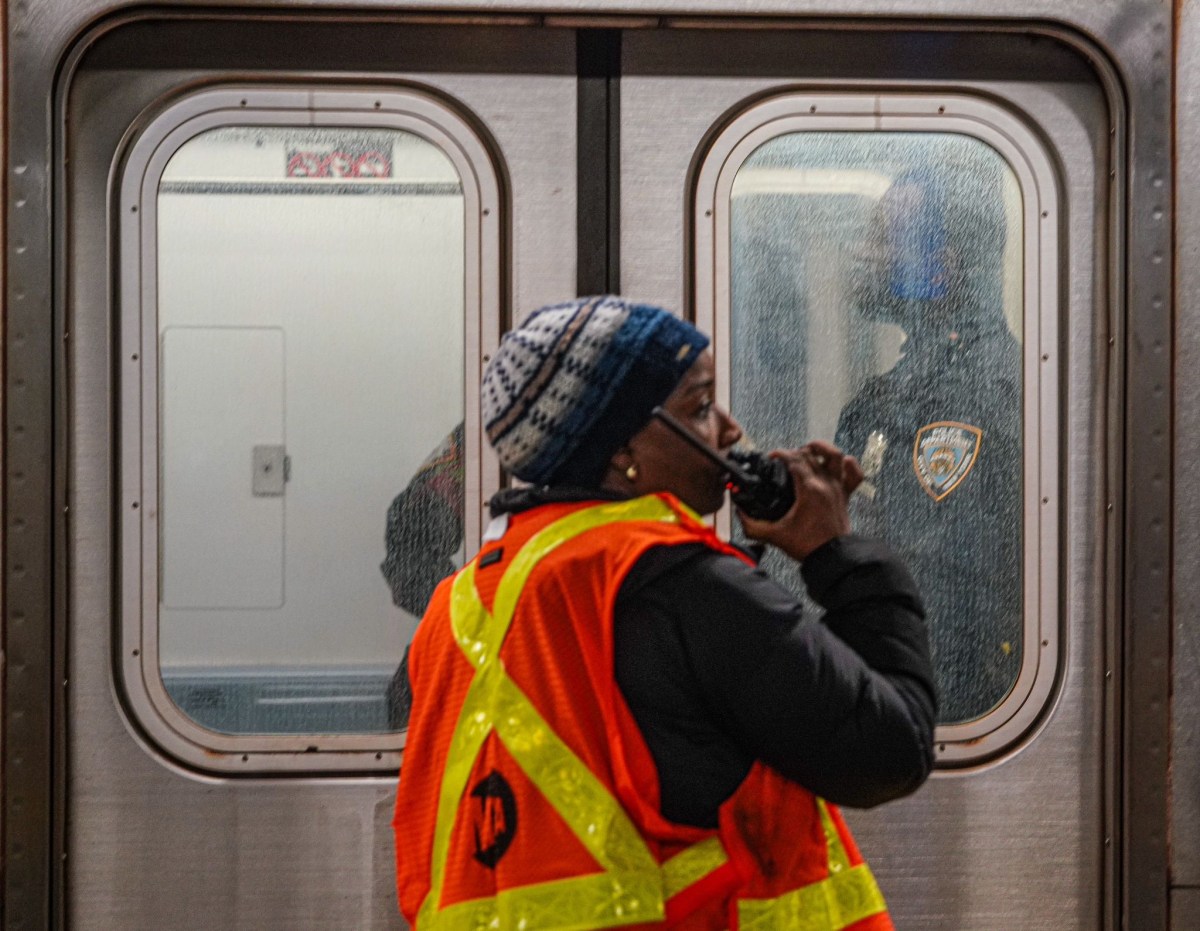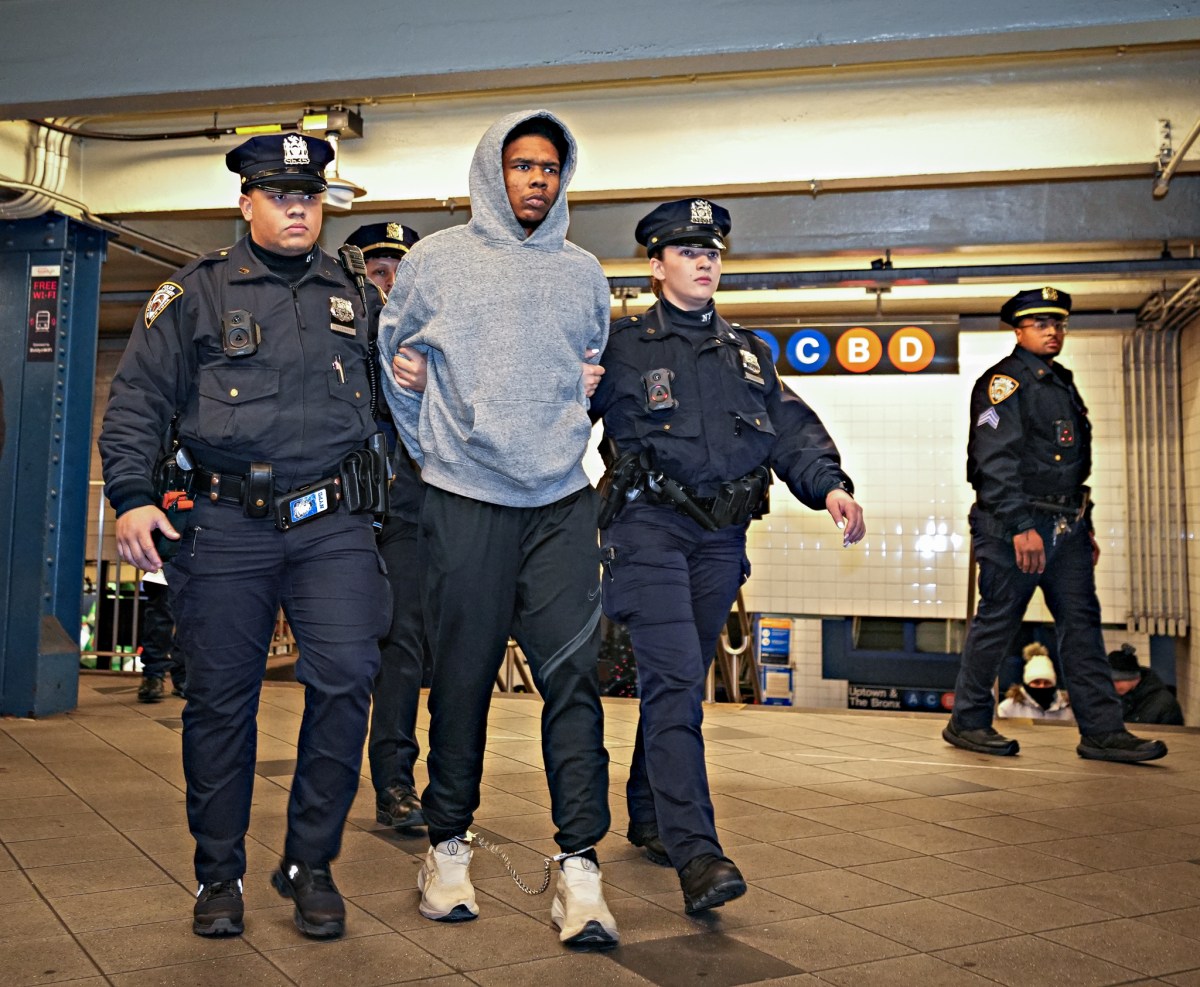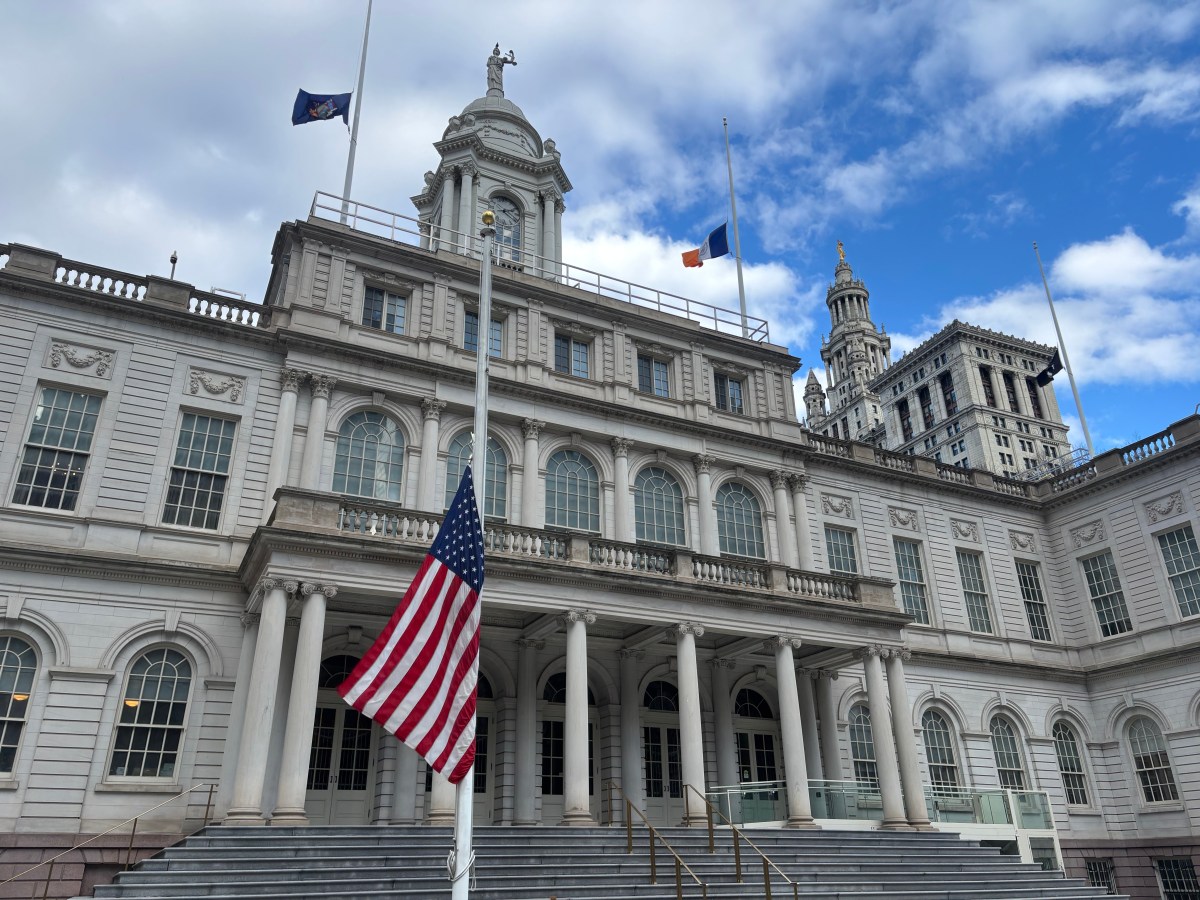LONDON (Reuters) -England will not get any new COVID-19 restrictions before the end of 2021, British health minister Sajid Javid said on Monday, as the government awaits more evidence on whether the health service can cope with high infection rates.
British Prime Minister Boris Johnson continues to resist new measures, which would be unpopular within his own party, despite Scotland, Wales and Northern Ireland all bringing in new rules.
Although partial figures reported by the government on Monday showed 98,515 new cases of COVID-19 in England, Javid said ministers would not be taking any new steps to limit the spread of the coronavirus in the coming days.
Once data for Scotland, Wales and Northern Ireland is added to the English figures, it is likely to show cases for Britain as a whole only slightly below a Dec. 24 peak of 122,186.
“There will be no further measures before the new year,” Javid told reporters, adding: “When we get into the new year, of course we will see then whether we do need to take any further measures.”
He said that the highly transmissible Omicron variant of the virus now accounted for around 90% of cases across England and urged people to celebrate New Year cautiously.
The government’s attention is focused on the number of patients being hospitalised with Omicron after early data last week suggested the variant carried a lower risk of admission.
The latest data showed the number of patients in hospital in England with COVID-19 was its highest since March, at 8,474, but a long way off peaks above 34,000 in January.
A combination of factors, including Britain’s vaccination programme, the lag between infections and hospitalisations and the potentially less harmful effects of the Omicron variant have all been put forward by health experts as possible explanations for lower numbers.
Nevertheless, Britain has reported a total of 148,003 deaths within 28 days of a positive COVID-19 test, and 12.2 million positive tests during the pandemic so far.
Johnson met with his top scientific and medical advisers on Monday to discuss the latest data.
With Britain’s state-funded healthcare system already stretched, any sign the number of admissions threatens to overwhelm hospitals could lead to the reintroduction of rules limiting people’s freedom to socialise.
“We will watch carefully what is happening in the hospitals,” Javid said. “Should, in the future, we need to act, of course we won’t hesitate to do so.”
Hospitals in Britain have warned that staff absences due to COVID-19 could risk patient safety. Many industries and transport networks are also struggling with worker shortages.
However, Johnson is under pressure from his own Conservative Party after a string of political scandals that have undermined his authority. Many Conservative lawmakers are sceptical that the benefits of new restrictions outweigh their economic costs.
Data released on Monday showed that numbers of shoppers and diners in London’s West End on Dec. 26 – historically one of the busiest shopping days of the year – were down week on week, and only just above half their pre-pandemic levels.
(Reporting by William James, Editing by Louise Heavens and Alexander Smith)


